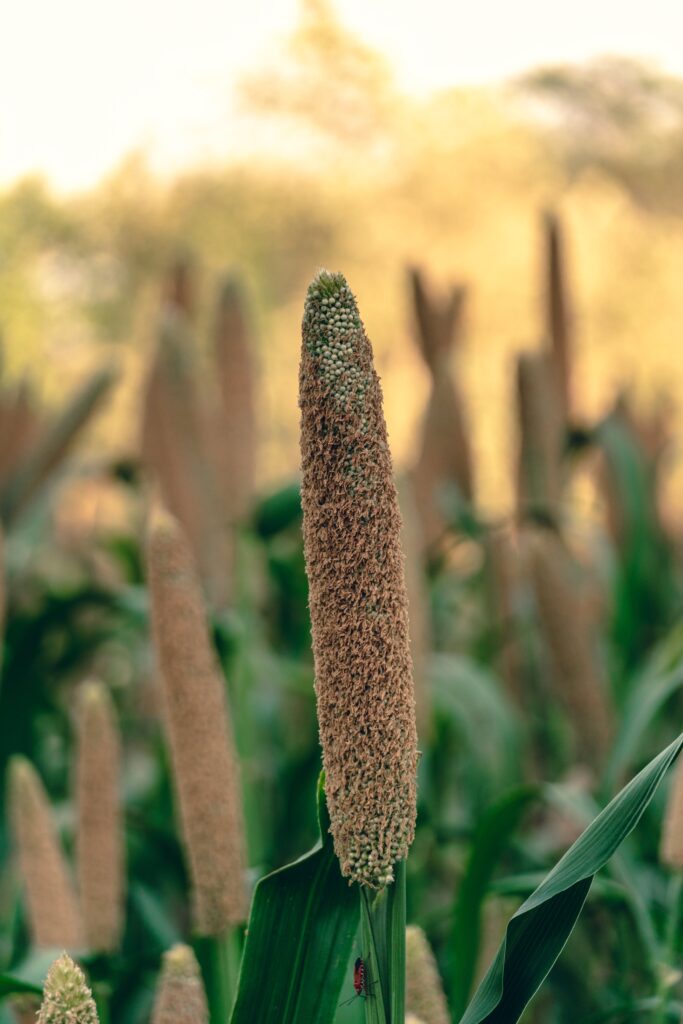Consuming millets during winter can offer several health benefits due to their nutritional composition. Millets are a group of small-seeded grasses that have been cultivated for thousands of years and are a staple in many parts of the world. Here are some benefits of eating millets in winters:
Rich in Nutrients: Millets, such as pearl millet, foxtail millet, and finger millet, are rich in essential nutrients like fiber, vitamins, and minerals. They provide a good source of energy, which is beneficial during the colder months when the body may require additional fuel to stay warm.
High in Fiber: Millets are rich in dietary fiber, which is essential for digestive health. Fiber helps prevent constipation, promotes regular bowel movements, and supports a healthy gut microbiome. This is particularly important during winter when people may consume more heavy and rich foods.
Good Source of Protein: Millets contain a moderate amount of protein, making them a valuable addition to a vegetarian or plant-based diet. Protein is essential for muscle repair, immune function, and overall body maintenance.
Gluten-Free: Millets are naturally gluten-free, making them suitable for individuals with gluten sensitivities or those with celiac disease. This can be beneficial for people looking for gluten-free alternatives to wheat and other grains.
Regulates Blood Sugar: Millets have a lower glycemic index compared to some other grains, meaning they have a smaller impact on blood sugar levels. This can be beneficial for individuals looking to manage their blood sugar, especially during the winter months when there may be a tendency to consume more carbohydrates.
Rich in Antioxidants: Millets contain various antioxidants, including phenolic compounds, which have been associated with reducing oxidative stress and inflammation in the body. This can contribute to overall health and well-being.
Supports Weight Management: The fiber content in millets can help promote a feeling of fullness, potentially aiding in weight management. This can be particularly relevant during winter when people may be less active.
Warming Properties: In traditional medicine systems, millets are often considered to have warming properties, which can be beneficial during colder seasons. They are believed to help generate heat in the body and provide a sense of warmth.
It’s important to note that individual nutritional needs can vary, and a balanced diet that includes a variety of foods is key to overall health. Additionally, consulting with a healthcare professional or a nutritionist can provide personalized advice based on specific dietary requirements and health conditions.
